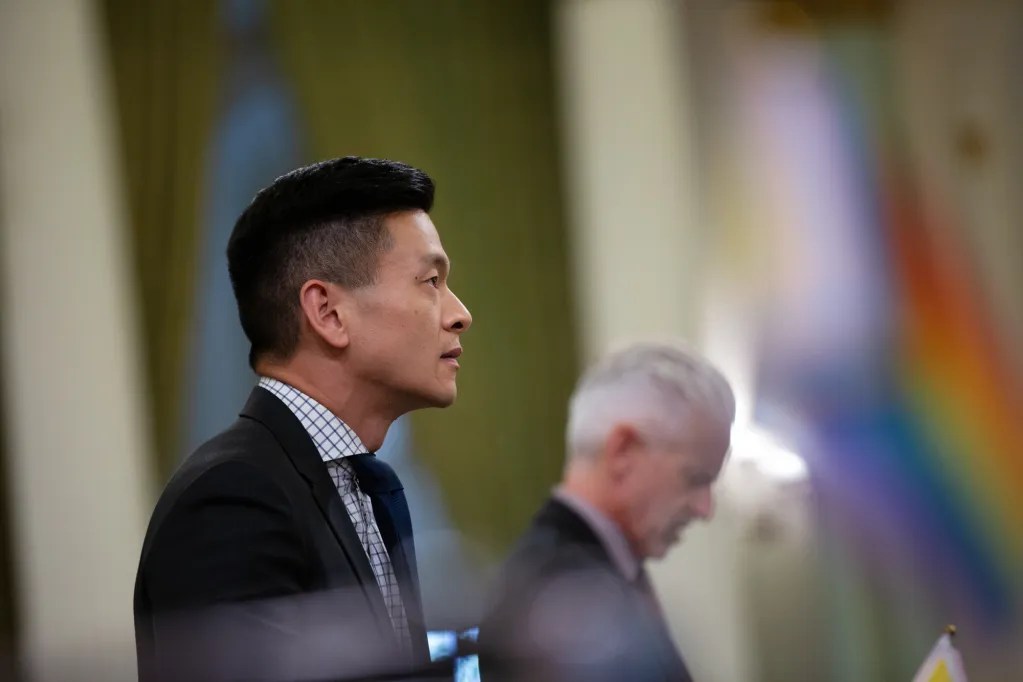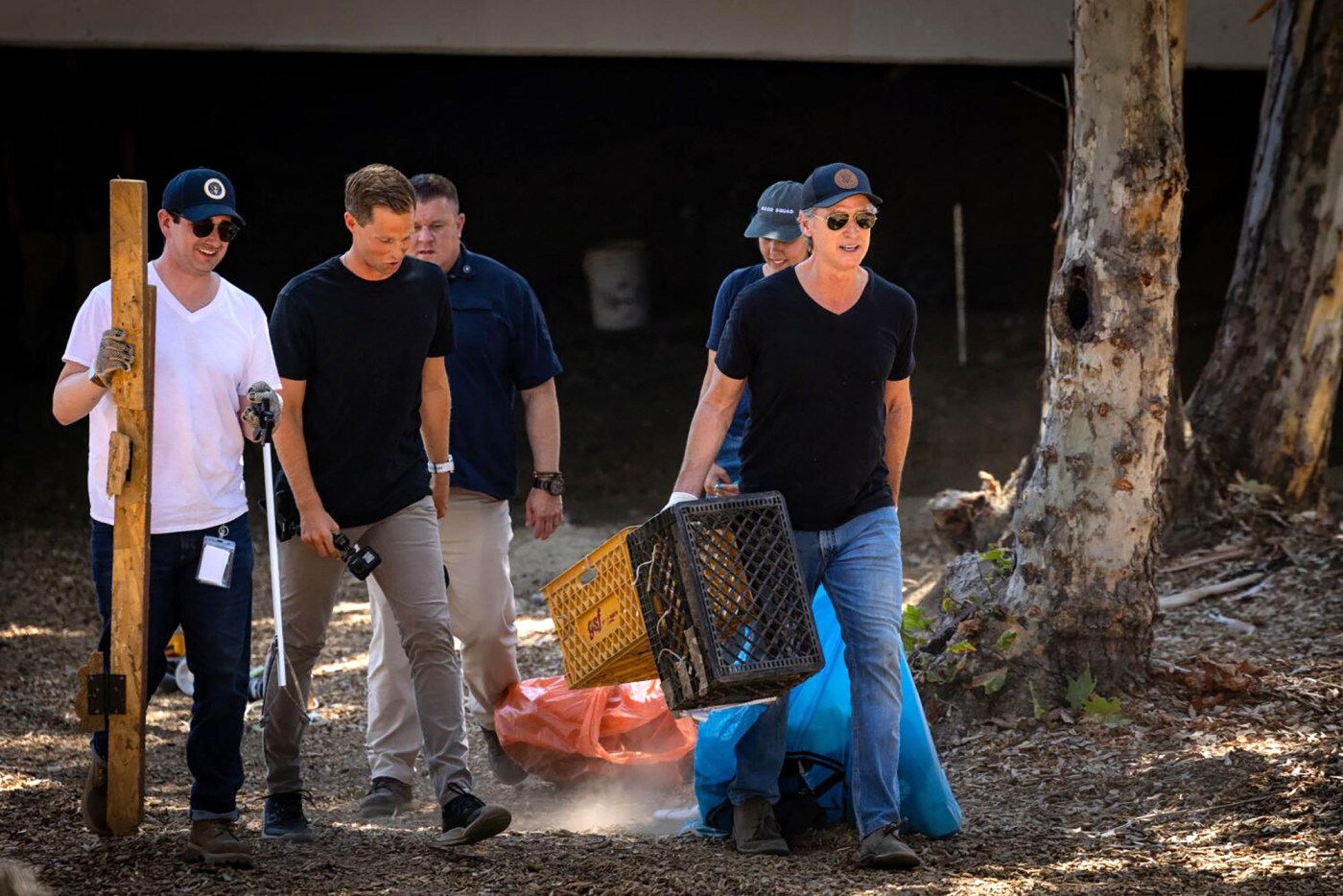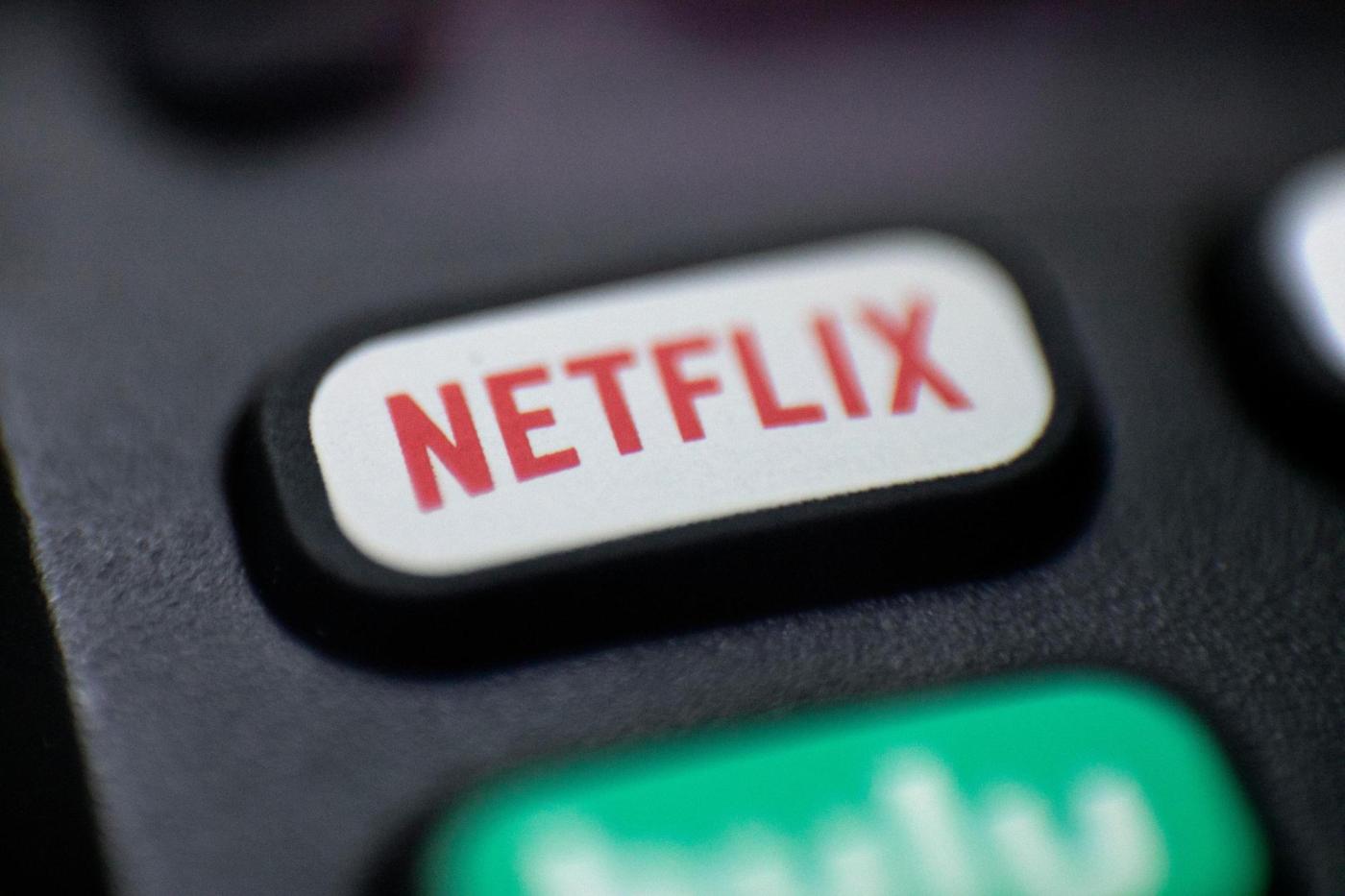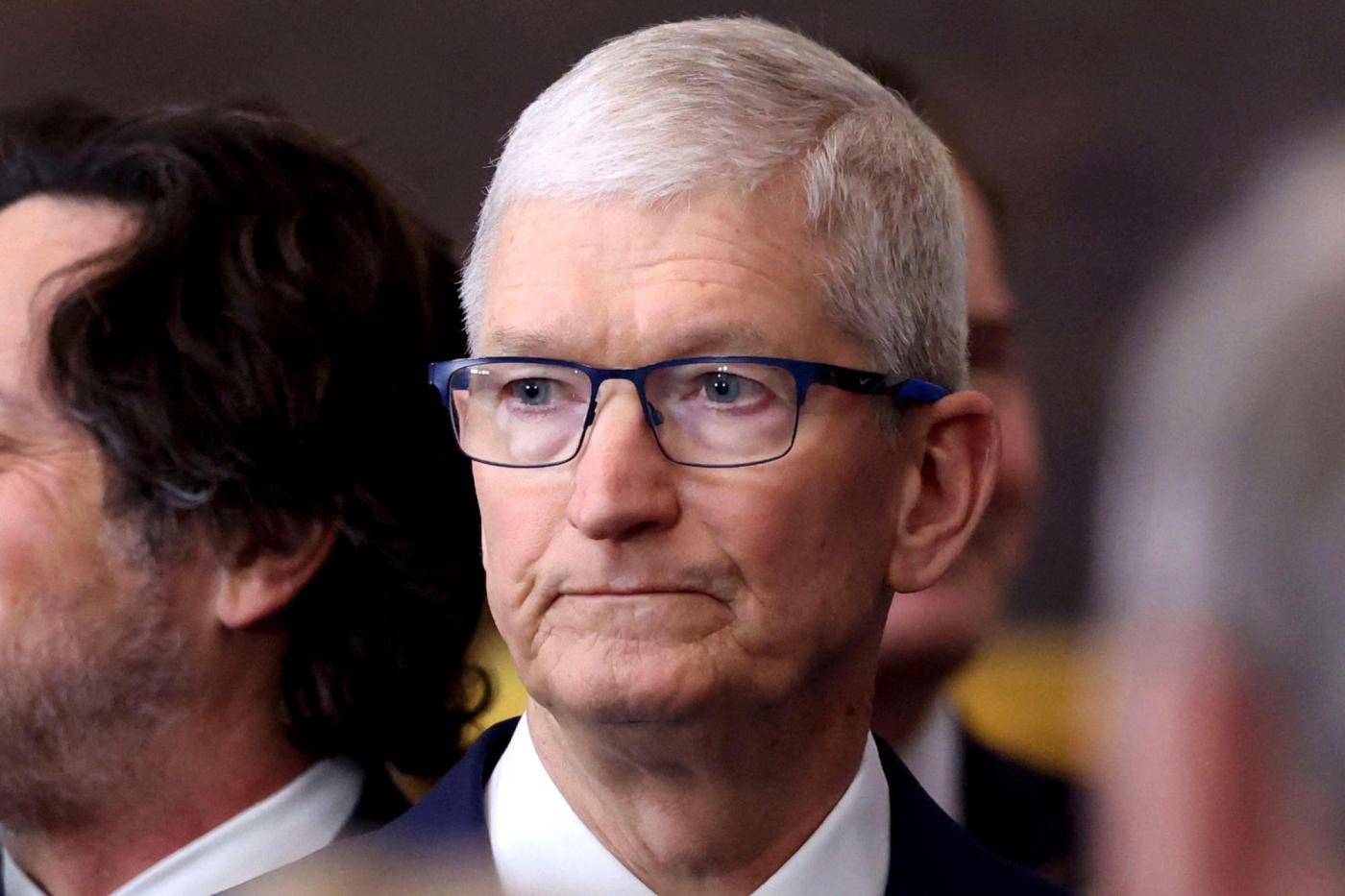After being hit with a $106,000 fine earlier this year for 23 counts of violating state campaign finance laws, records show that former Assemblymember Evan Low used campaign donations to pay the penalty.
The fine was the result of a five-year investigation by the California Fair Political Practices Commission, which found that Low failed to file payment reports in a timely manner for donations he solicited for several nonprofits.
The probe also found that Low used the nonprofit to pay actor Alec Baldwin more than $227,000 to appear at an event for the group as well as a personal campaign fundraiser, which investigators said Low tried to conceal. The decision also required Low to repay the nonprofit half of Baldwin’s speaking fee.
Low served in the state assembly from 2014 to 2024, vacating his seat before he termed out to unsuccessfully run for Congress last year. He was recently appointed the president and CEO of the LGBTQ+ Victory Institute and the LGBTQ+ Victory Fund.
In February, Low closed his last state assembly campaign account and subsequently moved his money into a committee he formed on March 11 called Low for State Controller 2030. Low has yet to announce his intentions to run for controller, and politicians frequently park their campaign cash in committees for various offices while they weigh their next move. He currently has $657,686.79 in cash on hand.
Low paid the $106,000 fine, which goes to the state’s general fund, out of the committee, according to a campaign finance report filed on July 29.
Sean McMorris, the transparency, ethics and accountability program manager for good-government group California Common Cause, said in an email that candidates are allowed in most cases to use campaign funds to pay fines for violating the Political Reform Act — a 1974 state law that regulates campaign contributions.
“However, there are valid ethical concerns regarding a candidate or elected official soliciting and using money from others — often special interests seeking to gain favor with the politician — to cover the costs of their misconduct,” McMorris said. “Especially when there is evidence of willful intent to break the law, as determined by the FPPC in the Low case.”
An FPPC spokesperson did not respond to a request for comment on Low’s use of campaign funds to pay the fine, but the watchdog organization’s website said campaign donations can be used to pay fines except in cases involving the improper use of campaign funds or bribery.
Low’s attorney, Amber Maltbie of Nossaman LLP, did not respond to a request for comment.
The FPPC’s investigation into Low was sparked by a 2020 news article by CalMatters that alleged Low failed to timely file behested payment reports for donations he solicited. The Political Reform Act requires elected officials to disclose payments of $5,000 or more made at their request within 30 days.
But the FPPC found that Low reported 16 of these payments, totaling $227,500, between five and 528 days late. The donations to various nonprofits were made between Feb. 9, 2018 and March 17, 2020.
“Timely reporting of such activity serves to increase public awareness regarding potential attempts to influence in this manner,” Angela Brereton, the FPPC’s assistant chief of enforcement, and Jenna Rinehart, the agency’s senior commission counsel, wrote in the decision. “There is inherent public harm in non-disclosure, because the public is deprived of important information that the Act mandates must be timely disclosed.”
The FPPC also found that Low closed the campaign account he was using at the time before disclosing and repaying the Foundation for California’s Technology and Innovation Economy for Baldwin’s expenses.
The foundation, which was run by Low staffers at the time, paid $227,049 for Baldwin to appear at both a tech summit and a Lunar New Year fundraiser for the assemblymember in February 2020. The fee included a $4,499 first-class airfare bill, a $724 one-night stay at the former Fairmont hotel in downtown San Jose and a nearly $1,500 limousine rental to transport the actor around Silicon Valley.
In October 2019, Danielle Sires, a consultant for the tech foundation and an assembly committee that Low chaired, reached out to the Creative Artists Agency to book Baldwin to speak at the two events, according to the FPPC’s decision. A few weeks later, the CAA sent back a contract, but Sires responded asking if there was a way for the Lunar New Year event to be “in a separate contract stating that option is voluntary.”
“So two separate contracts but all the money under one? But its(sic) not voluntary. If he doesn’t do it, he would still be paid his full fee,” an unnamed representative for CAA wrote in an email to Sires. “That doesn’t work in your favor to include the voluntary part.”
Sires and CAA eventually agreed on two contracts, with the first stating that Baldwin was required to appear at both events and the second contract marking the fee as a “voluntary appearance,” according to the FPPC.
“The Enforcement Division contends the communications and multiple contracts evidence an intent to conceal the portions of the agreement pertaining to the Lunar Event,” Brereton and Rinehart wrote.
The FPPC said that since the Baldwin’s time was split evenly at the two events, Low was required to disclose half of the expenses — roughly $113,524 — on his campaign finance reports. The former assemblymember initially told investigators that the actor appeared at the fundraiser on his “own accord,” but later recanted and admitted that he failed to disclose the payments on time.





